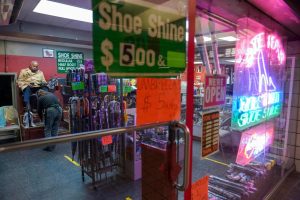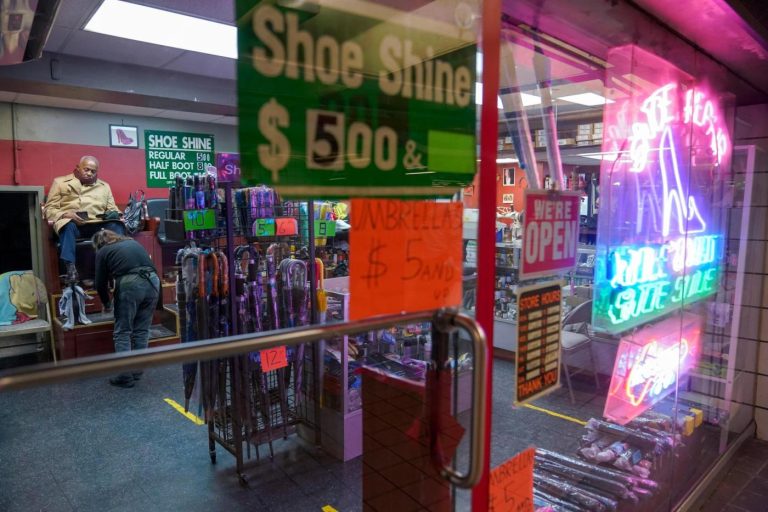The pandemic changed where Americans are likely to live and work, with a growing portion of job openings moving away from the biggest cities and into smaller metro areas, according to a Federal Reserve Bank of New York analysis.
Job listings in large central metro areas now account for about 38% of total listings nationwide, down from 46% prepandemic, the researchers said in a blog post published this week. The portion of job openings in smaller metros increased, and the share of openings in “fringe” metros outside of large central cities held steady, the study showed.
Related Articles
TikTok, Brat and Kamala Harris: Will newly fired-up young voters flip elections in California?
This 26-year-old Silicon Valley tech worker uses her impostor syndrome as novel inspiration
Joby Aviation rolls third aircraft off production line at its facility in Monterey County
AC Transit launches camera system to ticket bus stop violators
Edibles made by California-based Prophet Premium Blends linked to 113 illnesses, possibly 2 deaths
“The biggest declines in job listings by occupation occurred in the largest and densest geographies, and the strongest increases in job listings by occupation occurred in the smaller and less populated geographies,” they said.
There was also a shift in the types of jobs being advertised. The share of postings for jobs related to computers and math, such as software development, dropped to 6.8%, from 10.5%. Meanwhile, the share of job listings in health care rose to 18.6%, from 14.7%.
The researchers looked at job postings from Lightcast, which gathers data from company websites, job boards and websites such as Indeed. The analysis shows that while there was a full recovery in the unemployment rate after the pandemic pushed millions of people out of work, there were some lasting shifts in the makeup of the labor force.
Namely, increased remote work led to a decline in the share of jobs concentrated in major cities that require people to commute into an office. As people relocated, it created more demand for food workers, health care and other services in those areas.
©2024 Bloomberg L.P. Visit bloomberg.com. Distributed by Tribune Content Agency, LLC.












